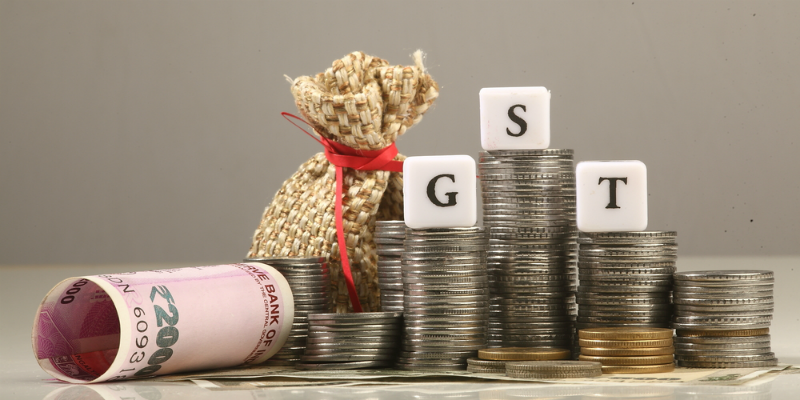
This July 1st being the first anniversary of the Goods and Service Tax (GST) has been declared as annual ‘GST Day’ by the government. After the initial teething troubles, things are now settling down with lesser downtime on GSTN system and broad improvement in general.
The completion of one year of GST was marked by some very interesting numbers released by the government.
- Monthly GST collections have now breached the Rs 1 lakh crore mark showing improved overall tax collections
- GST registration base now stands at 1.12 crore GST registered taxpayers as compared to 63.76 lakhs being pre-GST combined taxpayer base under Excise, Service Tax and VAT. Up by 48.38 lakhs or 75%, showing significant improvement in the overall tax base in the first year of implementation itself, signaling formalisation of the economy
- As many as 12 crore returns have been filed and 380 invoices have been processed through the GST network
- The number of e-way bills generated till date has crossed 10 crores, marking a significant dent in the unorganized trade activity in India
In the light of the above, we would like to analyse the impact of GST on the Micro, Small and Medium Enterprises (MSME), which contributes approximately 37% of India’s GDP and considered to be the backbone of the Indian economy. After agriculture, the MSME sector is the second largest employment-generation sector in India.
Positive impacts
- One India-one tax – Union Minister Piyush Goyal recently tweeted that earlier tax system was a complicated system with 17 different types of taxes and GST is a boon for businesses with one tax. Earlier, MSMEs had to undergo compliances under Excise, Service Tax and VAT. Every state had different VAT laws and doing business in multiple states involved adhering to different VAT laws, compliance through different portals and answering to different authorities. All that has been unified into a single robust online system. Despite several returns under GST and separate state-specific registrations and compliances, the unification is evident, and this has now started showing benefits to the MSMEs too. This is helping MSMEs dealing in different taxes earlier. GST is also aiding persons being covered under dual taxes. For instance, restaurants were covered under both VAT and Service Tax, printers were covered under Excise, VAT and Service tax.
Read the full article on YourStory – SMBStory
We have launched Single Platform on GST Compliances In India, assisting in 4 areas – 1) Compliances, 2) Litigations & Hearings, 3) Training 4) Consultancy. Click this link for any assistance.
 customersuccess@taxmantra.com
customersuccess@taxmantra.com Toll Free:
Toll Free:  Contact Us
Contact Us

